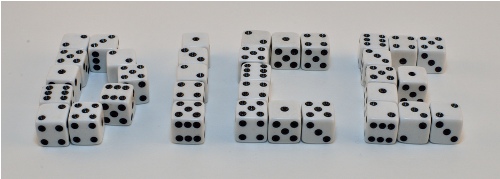10 Interesting Word Facts
You will be informed with the smallest element in linguistics on Word Facts. A word is different from a morpheme. The latter one is defined as the smallest unit of meaning. However, it cannot stand on its own. The examples of a morpheme includes –ed, un-, -ly, and –ness. The word contains some morphemes. The words, which only have one morpheme, include run, quick, red, expect and rock. Let us find out other interesting facts about word below:
Word Facts 1: the complex word
A root and affixes make up a complex word. For instance, the word unexpected consists of two affixes and one root.
Word Facts 2: a compound word
The examples of a compound word include sandbox and blackboard. Both contain more than one root.
Word Facts 3: larger elements
The larger elements of language can be created from words. The phrase contains more than one word. The examples of phrases include a beautiful girl and a nice house. You can also create a clause and sentence using words. Get facts about German Language here.
Word Facts 4: word
Word can be used to identify a written word and a spoken word. Phonemes are units of sounds, which make up the spoken words. Graphemes are the symbols of written words.
Word Facts 5: the language
The type of language will define the level of difficulty to decipher a word.
Word Facts 6: length of word
You can decide the length of a word by checking on its morphemes and syllables.
Word Facts 7: the meaning of a word
The meaning of a word may create discussion and debate since it may involve various definitions according to the opinion of writers.
Word Facts 8: “Minimal Free Forms”
In 1926, “Minimal Free Forms” concept was presented by Leonard Bloomfield. It defines a word can stand on its own. Moreover, it is the smallest meaning unit for speech. Word is a structure, which has meaning and form. Look at facts about Spanish Language here.
Word Facts 9: how to identify
The word can be identified according to the number, semantic, category, and phonological features.
Word Facts 10: the forms
The form of a single word stem is varied according to the synthetic language. For instance, love may be transformed into loved, loving, and loves. The word can be created from some morphemes, which can be determined according to an inflectional suffix, optional suffixes and root.
Do you like reading facts about word?






